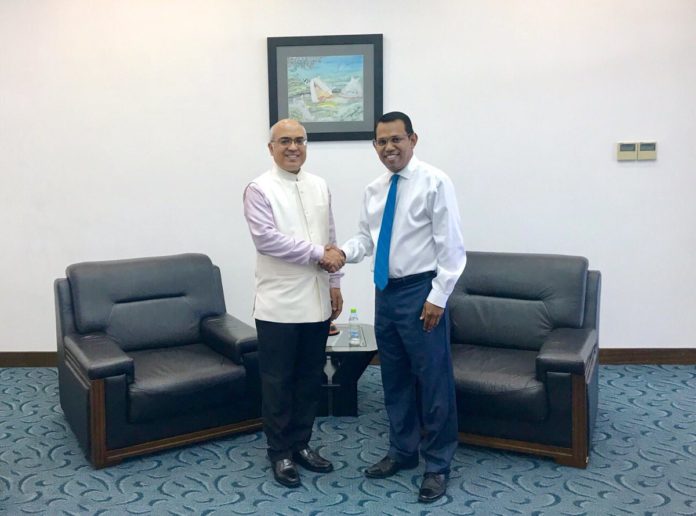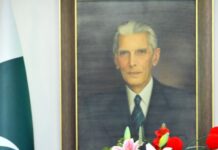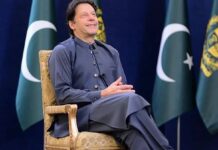India has criticised and took a tough stand against Maldives President Abdulla Yameen Abdul Gayoom for his decisions to arrest opposition leaders and Supreme Court Judges which have led to a political crisis in the island nation. The policymakers have regarded the Maldives as an important part of their foreign policy and they are worried about India’s next move in order to break the stalemate. The Maldives had issued a statement saying that it did not want any foreign intervention in their personal problems. After that New Delhi has not given any reply as the statement was made not so discreetly towards India.
Indian officials have made two statements regarding the ongoing political crisis in the Maldives, first of which came on 2nd February saying that the central government should abide by the decisions of the Supreme Court and the second statement demanded the release of political prisoners and 12 members of parliament from the opposition. India was disturbed by the ongoing crisis in the Indian Ocean atoll nation and wanted President Abdulla Yameen to resolve the issue as soon as possible.
The Maldives had sent a special envoy to India to convey the message that the dates for the meeting were not suitable as most of the top leaders were expected to remain outside the country. The island nation had sent similar envoys to Saudi Arabia, China, and Pakistan. Indian Ambassador in Male had set up a meeting with his counterpart to discuss the current progress in the region. The imposition of a state of emergency in the capital city had ringed alarms in West and South and President Abdulla Yameen was asked to solve the issue soon.
The officials met to discuss each other’s position on the current situation in the island nation which is worsening day by day. India said that it was unable to host the special envoy sent by the Maldivian government. Akhilesh Mishra and Ahmed Sareer talked about the ways in which the relationship between India and Maldives could be bettered.
Foreign Secretary Ahmed Sareer said that the arrested members including chief justice Abdulla Saeed and another judge, Ali Hameed and former president Maumoon Abdul Gayoom were under surveillance and they had accessibility to doctors and other necessities. According to the sources Gayoom has been moved to Maafushi prison from the Dhoonidhoo detention center.
The Maldives had issued a statement saying that it did not want any foreign intervention in their personal problems and it was concerned that foreign powers will act on the calls of the former President to restore democracy in the country which is already established. They said that they have never wanted any military intervention from Indian side and it was in contrast to the situation in 1988 when the Gayoom government had asked for help from India.
They said that the arrested officials were in good health and there is no infringement of rights. According to the sources, the prisoners were treated well within the letter and spirit of the law. It seems that President Yameen’s India first policy has somewhat shifted to China first policy. India is left with no other option to use the soft power which will hurt common citizens more than those who are in power.
India’s options include stopping the export of supplies and embargoing Maldives’ mechanized trawlers from entering and fishing in its exclusive economic zone. But something New Delhi is keen to avoid is that these could well be used by those in power to turn popular sentiment against India—something New Delhi is keen to avoid.




